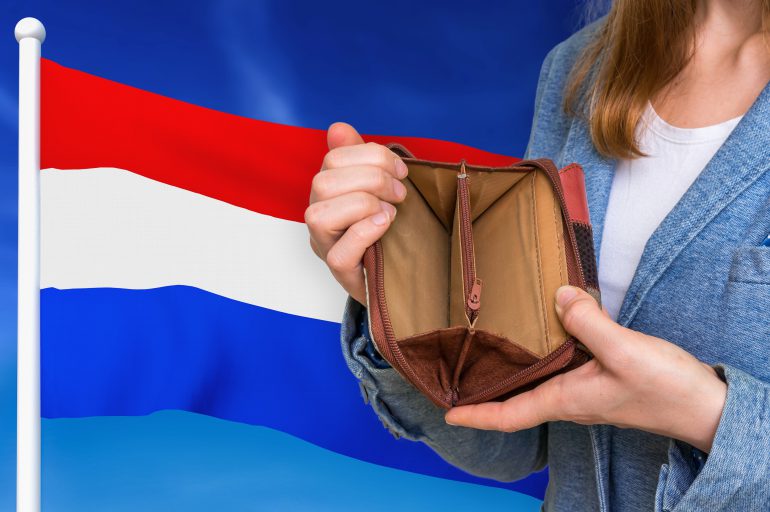The Netherlands is commonly seen, at least internationally, as a beacon of economic equality and wealth distribution. However, recent findings by the Social Minimum Commission in the report A Certain Existence IIhave revealed that the decentralized nature of the Netherlands’ municipal governments is creating vast differences in welfare policies.
While municipalities have been granted autonomy in setting policies, this has resulted in stark variations in aid. For instance, people on a low income may be eligible for subsidies for dentures in one city but not in another. Similarly, income supplements differ widely: one municipality might provide an extra €120 for incomes below 130% of the social minimum for a year, while another offers €270 for incomes under 120% of the threshold for three years. Local political priorities further influence the level of support. According to Dordrecht alderman Peter Heijkoop, welfare policies in left-leaning municipalities tend to be more generous than those in conservative areas. Critics have dubbed the situation ‘welfare bingo’, depending on one’s postcode.
These discrepancies mean that households with similar financial struggles receive unequal treatment based solely on their municipality. The Association of Dutch Municipalities (VNG) acknowledges the issue, attributing it to an inadequate national framework. ‘Municipalities have had to apply temporary fixes because the foundational support system isn’t functioning properly,’ the VNG stated.
Moreover, it is often very difficult to access extra support. In some cases, residents must navigate up to 23 different offices to access the assistance they need. The commission argues that the current system fails to ensure financial security for residents, who often struggle to understand what benefits they are eligible for. This confusion can result in people missing out on aid or being forced to repay funds they were mistakenly given.
Tailored support, while well-intentioned, has added to the complexity, creating a maze of regulations. ‘The system needs to be more predictable and accessible,’ said Godfried Engbersen, chair of the Social Minimum Commission, as he highlighted tensions between local governments and the national government. The commission proposes several solutions, including simplifying the system, reducing the burden on citizens, and providing clearer information about eligibility upfront.
Strict rules aimed at motivating vulnerable individuals to find work have also come under scrutiny. While intended to encourage employment, these measures often place undue stress on individuals, particularly those facing health challenges or significant barriers to the job market. The commission calls for more flexibility in rules around additional earnings to ease the transition to work.
The Dutch welfare system has been the source of much difficulty and scandal in recent years. Mark Rutte’s third government collapsed in 2021 following the child benefits scandal in which tens of thousands of people were wrongly accused of defrauding the state. In September 2024, the state benefits agency UWV announced that potentially tens of thousands of disability-related payments were incorrectly calculated over several years. This could lead to massive repayments to those out of work due to medical conditions. This is despite a report from 2023 that concluded that up to 60,000 people did not claim the benefits they were entitled to.
Despite pledges in the budget to reduce taxes on energy costs, the cost of daily life has increased by 3.5% from last year according to a September 2024 report from Statistics Netherlands. Within the context of a cost-of-living crisis, these failures in welfare policies and their implementation have devasting effects on the living conditions of families.
Written by James Turrell
